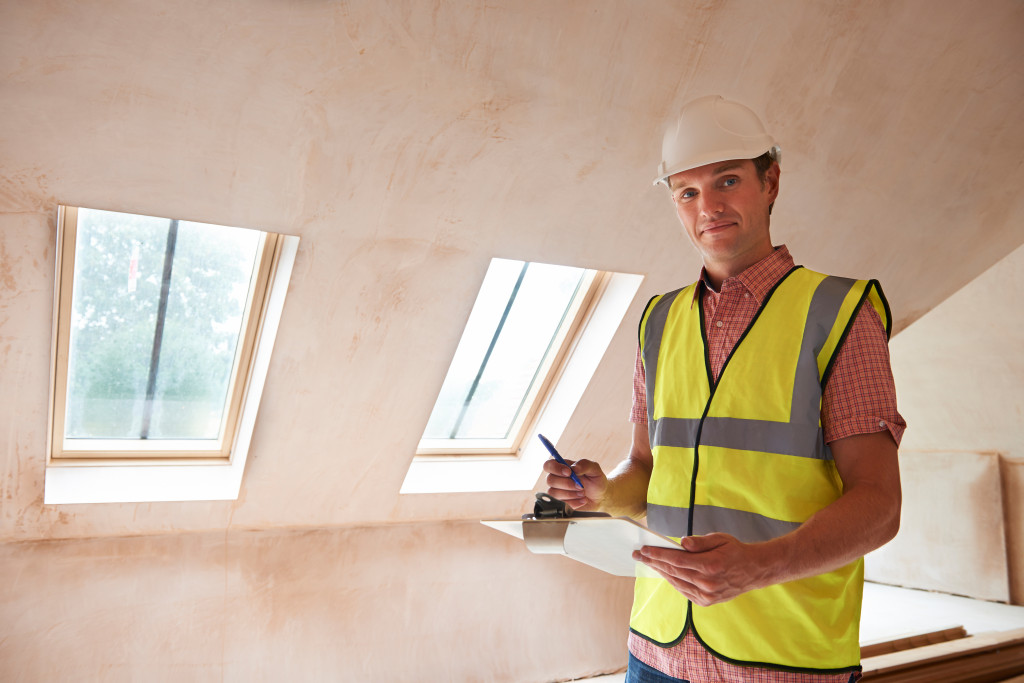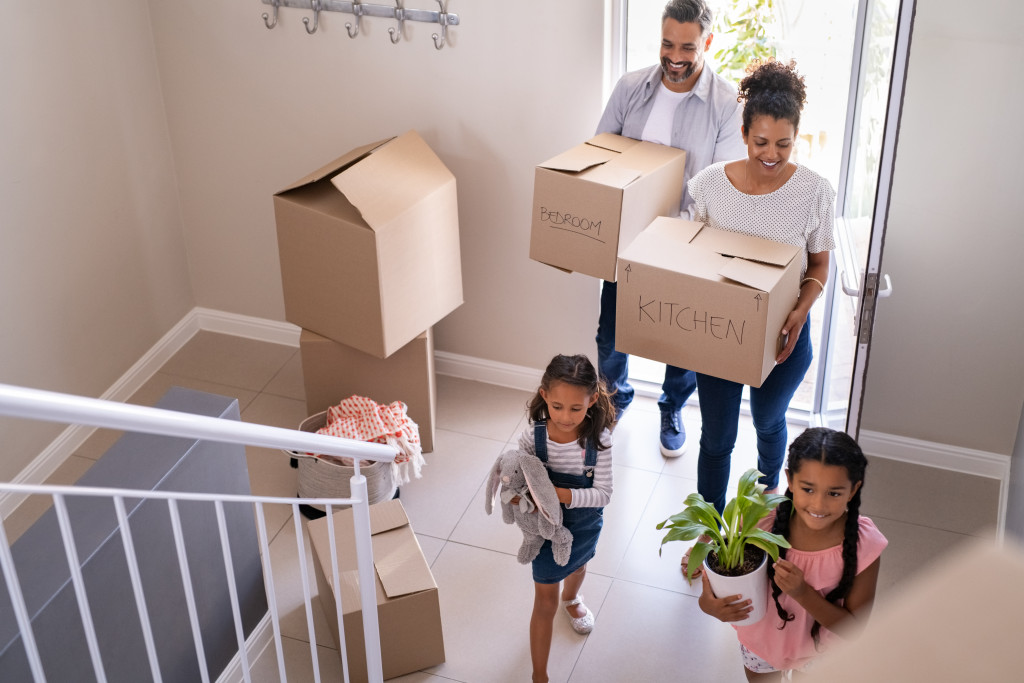- Change the locks on exterior doors to ensure security.
- Get a home inspection to identify safety hazards and save money for repairs.
- Perform a deep clean of the house, including air ducts and baseboards.
- Prioritize repairs based on results from the home inspection.
- Become familiar with essential systems like furnaces and water heater
Buying a used house can be an exciting and rewarding experience, but that’s only half the battle. After finding and closing on the perfect home, it’s essential to take the necessary steps to ensure your new property is in good shape and will give you many years of happy living. This post will look at some things you should do after buying a used house to help you take better care of your property.
Change the Locks
This is a straightforward but often overlooked task. After your purchase, you should replace all the locks on your exterior doors. This is an essential security measure because you don’t know who might have a copy of the old keys, like the previous owner’s family or friends.
However, it’s also essential to check the durability and overall condition of the front door. You should replace it with a high-quality front door if it needs repairs. Not only will this improve your home’s security, but it can also add to the overall aesthetic look and increase energy efficiency. Remember, an old, poorly maintained front door can be a potential intruder’s entry point.
Get a Home Inspection

Buying a house is one of the most significant investments you will make in your lifetime. After you find your dream home and finalize the purchase, the next step is to get a home inspection. A home inspection is an essential process that can save you money in the long run. Here’s why:
Identify Safety Hazards
A home inspection can identify safety hazards such as electrical wiring problems, gas leaks, and structural defects. These problems can be a significant threat to you and your family’s safety. Identifying these issues early on will ensure that they are repaired, and you can have peace of mind knowing that your home is safe.
Save Money
A home inspection can save you money in the long run. It can identify issues such as water damage, mold growth, and plumbing problems, which could lead to costly repairs if not addressed. It’s better to know about these issues before you move in so that you can plan and budget for repairs accordingly.
Negotiate Repairs
If a home inspection reveals issues, you can use that information to negotiate repairs with the seller. The seller may be willing to fix the problems or offer credit for the necessary repairs. This can potentially save you thousands of dollars.
Plan for Future Repairs
A home inspection report will also include a summary of the overall condition of your home. This information can be used to plan for future repairs that you may need to make. Understanding the condition of your home can help you budget for repairs and save money in the long run.
Deep Clean the House

The house may have been cleaned before getting sold, but a deep cleaning is always necessary. This includes floors, walls, baseboards, ceilings, and all corners that may have been overlooked. It’s also essential to clean air ducts, change air filters, and wash carpets.
Moreover, it would be best if you also wanted to do a deep cleaning of the kitchen and bathrooms. This includes replacing old shower curtains, scrubbing the bathtub, sanitizing all sinks and toilets, and cleaning the refrigerator.
Prioritize repairs
Based on the results of your inspection, prioritize the recommended repairs and work on them as soon as possible to avoid them worsening. It’s wise to determine which restoration is urgent over the others and work on them in that order.
It might be tempting to do them all at once when it comes to repair projects. But this can be costly and a considerable time commitment. It’s better to focus on the most important ones first and then decide what else needs to be done.
Get to know the House’s Systems
Get familiar with your house’s essential systems like the furnace, water heater, and circuit breaker panel to ensure proper and safe use. You may also need a reliable contractor to handle the necessary maintenance and repairs.
Consider making energy-efficient system upgrades, such as replacing your old furnace with a new high-efficiency model. This will help reduce your energy bills and help the environment by using less energy.
Final Thoughts
A new home gives you much to celebrate and look forward to, but it also comes with new responsibilities. After purchasing a used house, follow the steps outlined in this post to help you get off to the right start in your new home. Taking these essential precautions will ensure your property is healthy and safe and prolong your happy living experience.
